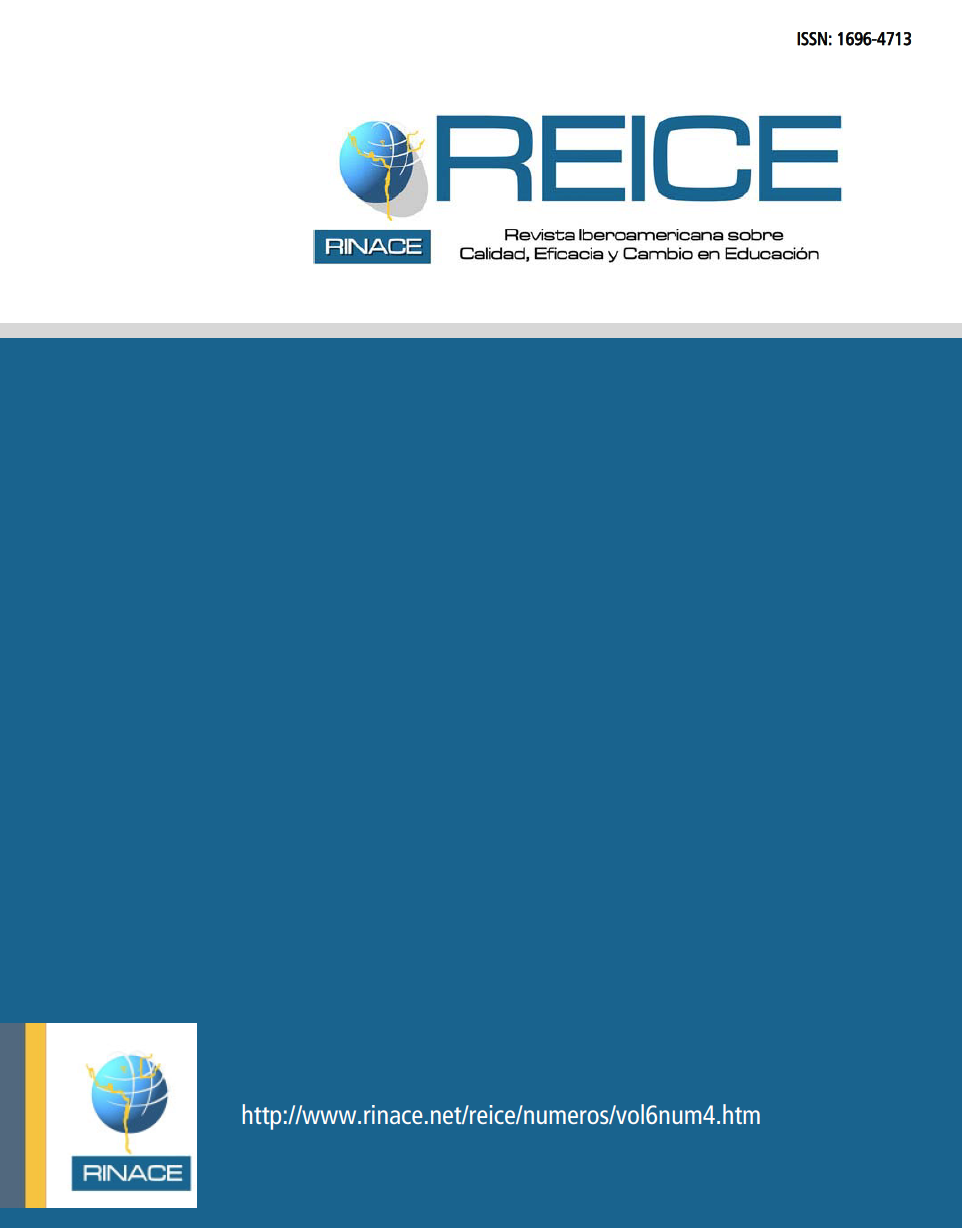Keywords:
Inequity in education, factors that impact school attainment, secondary education, school quality, MexicoCopyright (c) 2018 REICE. Iberoamerican Journal on Quality Effectiveness and Educational Change

This work is licensed under a Creative Commons Attribution-NonCommercial-NoDerivatives 4.0 International License.
Abstract
The unequal distribution of educational opportunities is one of the salient features of Mexico’s education system. Despite its long duration and high priority among the most important issues besetting Mexico’s education policy, it still remains unresolved. This problem has at least two dimensions: on the one hand, unequal distribution of opportunities to access and stay in the education system; and, on the other, unequal distribution of opportunities that would guarantee adequate academic performance for all.
Data provided by the Mexican Ministry of Public Education (SEP), reveal that there has been considerable progress in the solution of the first dimension of the problem. However, these achievements have not been verified in the second dimension.
By using simple linear regression models and through the inter-temporal analysis of the effect of several socio-economic and socio-demographic variables over the academic attainment of the students who presented the National Exam for the Admission to Upper Secondary Education (EXANI I); this work shows that at the end of the Lower Secondary Education, the distribution of opportunities that would guarantee an adequate academic performance for all the population still remains unequal – a trend that continues to grow –.
